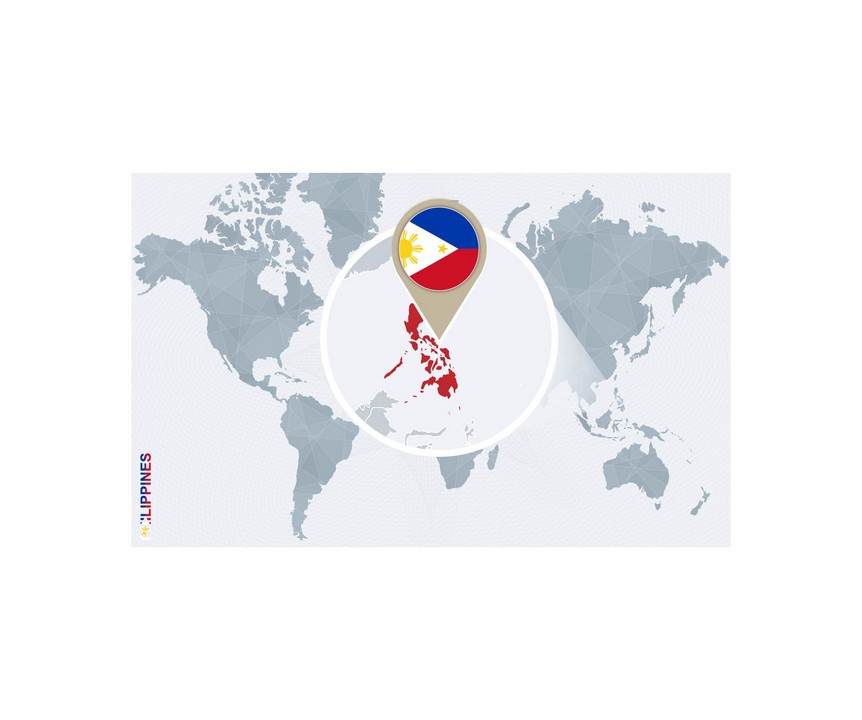PH needs policies, LNG value chain for development
- October 17, 2016
- 0

The Philippines needs a “value chain” for liquefied natural gas (LNG) and develop policies that will encourage more financing in LNG projects, a company official said.
Bank of Tokyo-Mitsubishi UFJ Ltd. first vice president Arthur Tay said financial institutions are finding it hard to invest in potential LNG projects due to the country’s lack of policy and value chain.
“You have to get the whole value chain in place,” Tay said. “You probably need policies in place to support the development of the value chain.”
Tay said completing the whole value chain and forming policies to support it is critical before the LNG sector can move forward. An LNG supply chain consists of the source, which involves exploration and production; liquefaction, which converts natural gas into l
iquid; transportation, receiving and distribution, which involves converting L
NG back into its gaseous state.
“And only when all these elements are there, then you will have certainty how much LNG demand is going to be,” Tay said.
He said natural-gas fired power plants should complete the value chain since they have the capability to provide power effectively.
“If long-term financing for a utility cost basis is the objective, then you know, the demand for the LNG need more certainty before banks are able to say in confidence ‘we can finance this’,” he said.
“As it stands, there’s a lot of questions that we ask about LNG demand, about the ability of the end user to use the LNG. You have so much new coal power, then there doesn’t seem to be a lot of space for LNG generation in the Philippines,” he added.